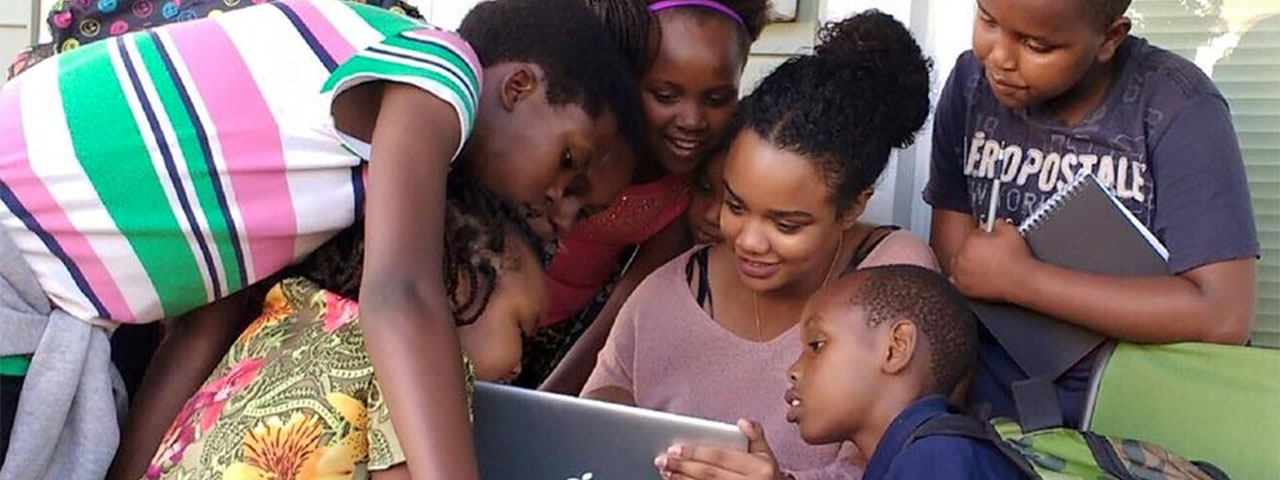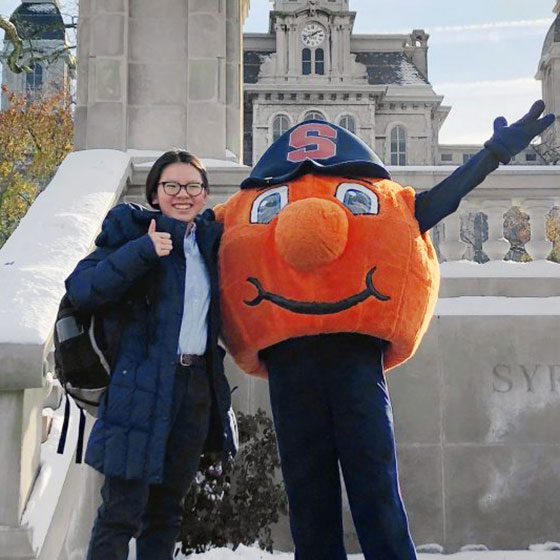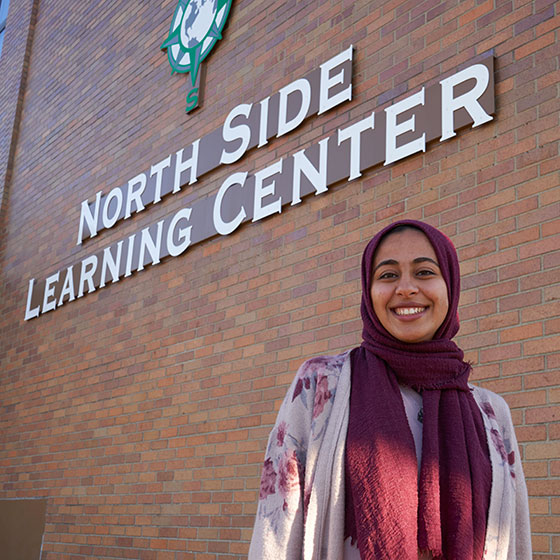Citizenship and Civic Engagement
Community Partners

Syracuse, NY - A Learning Laboratory
Syracuse University’s location in Central New York serves as a learning laboratory, where students will gain real-world experience and impact the local community.
CCE students have worked on many local issues, including education, healthcare, aging, environmental sustainability, voter participation, government accountability, economic disparity, racial equity, refugee resettlement and more.


Helping Syracuse thrive
Lia Chabot arrived at Syracuse University with a passion for economics and graduated with two degrees—and the Chancellor's Award for Public Engagement—that reflect her academic and research prowess, compassion and commitment to activism. Working with the City of Syracuse Department of Neighborhood and Business Development and the Maxwell X Lab, Chabot’s data analysis revealed potential mortgage fraud that resulted in litigation.
Lia Chabot '21
Double major: CCE, economics, Renée Crown University Honors Program
Interested in Becoming a Community Partner?
Let’s make a difference together. If you think your organization could benefit from the CCE program, please fill out this brief form. We look forward to hearing from you!
